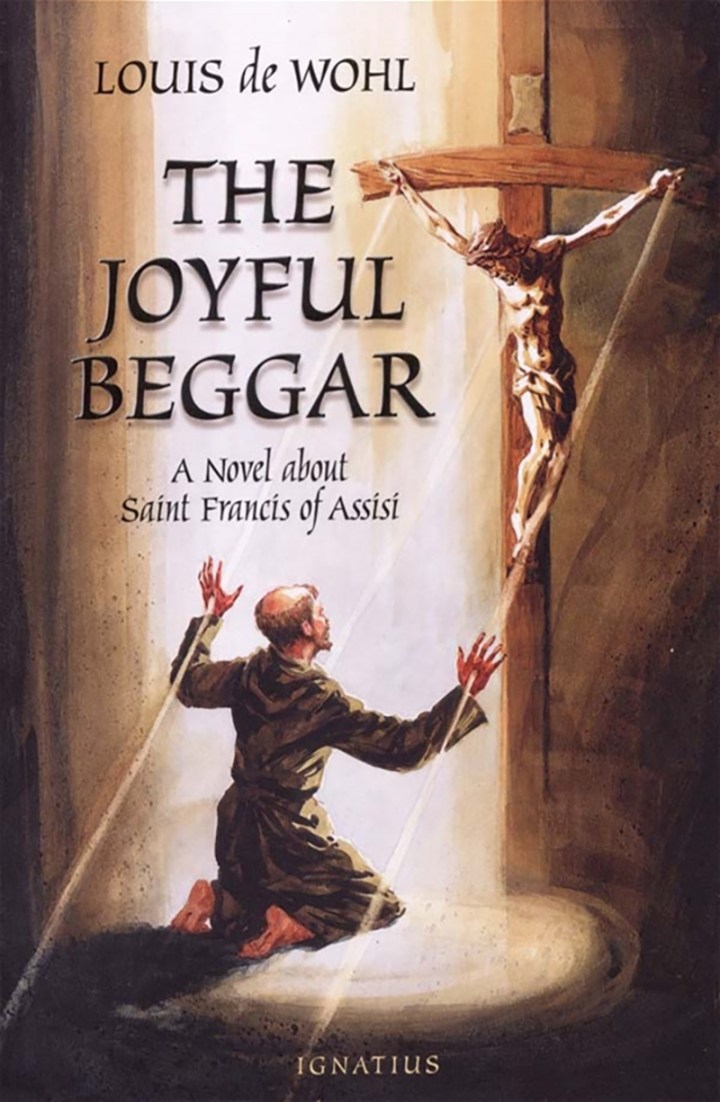In general, I don’t care much for movies or novels about saints. I know there’s a massive publishing industry around these stories, so clearly a lot of people like them and maybe I’m the odd man out, but they never really motivate me.
One of the ways I think of sainthood is that it’s the fullest possible realization of that unique person. What I mean is that St. Thomas Aquinas is very much himself. No one else is like him. Not even close. The same goes for St. Augustine and St. Therese and St. Edith Stein and so on. Saints aren’t paint-by-number, and God’s grace doesn’t turn them into the exact same, carbon copy of piety. God’s grace actually does the opposite, it brings us to ourselves, helps us advance in self-knowledge, and as we are set free from flaws and sin, our personalities emerge into sharper definition.
This, I think, is why my experience as a priest of hearing sins confessed becomes quite boring after a while. All sin is boring. It’s all the same. The really exciting stuff, the people who are fascinating, are the saints.
I suppose what happens with a lot of novels based on the lives of the saints is that the stories we already know about them in biographies and their own writings and autobiographies are all brimming over with so much life that, when we try to add anything to it artistically and fill in the blank spots in their lives, or try to portray their inner thoughts, the result ends up falling flat.
I’m not saying that there aren’t really well done and interesting novels about saints. There definitely are, but I am saying that it’s a huge challenge and some writers are better at it than others. The one consistent exception I have encountered is Louis De Wohl.
Louis De Wohl is a fascinating man in his own right. He was born in Berlin in 1903, and his mother wanted him to become a banker. He apprenticed at a bank but wasn’t very good at it. He was, however, an excellent writer and, after leaving the banking business, published more than 30 novels in Germany. Eventually, he had to flee to England because of the rise of Hitler. In order to continue writing, he had to learn English, which he successfully did. However, right when he felt he was finally ready to tackle writing a full-length novel in English, World War II broke out and he joined the British army. It was only when death was hanging over his head on a daily basis that he began to consider his long-dormant Catholic faith.
“I remembered the parable of the talents,” he said, “What had I done with the talents God had given me? I had written ‘successful’ books, but to what was that success due? All my books were adventure stories, thrillers. People read them in trains or when they were too tired to read something really good. And they were written for just that purpose. They were not written in the service of God.”
After that, he began to read stories about saints. He had a similar experience that I’ve had and found them uninspiring. “Most of them were written by devout people,” he says, “for devout people. I could not imagine that anyone living at the outer fringe of the faith, to say nothing of a non-religious person, would read them.”
Louis de Wohl knew that, with his talent, these stories could be brought to life and have a wide readership. He began writing a different type of novel than his previous work. Now he wrote about St. Augustine, St. Helen, and St Thomas Aquinas. And he wrote about them very well, with a high level of artistic integrity. In his books, he gives historical context and shows how these holy men and women lived within the specific world they inhabit. He shares everything about them, including their flaws and struggles, how they make mistakes and grow. The novels don’t read like homilies but, rather, as works of art. These are saints who are relatable but also inspiring.
When I read a De Wohl novel, I feel like I gain a far more comprehensive understanding, even of saints I thought I’d know quite a bit about. St. Augustine, for instance, is a man whom I’ve studied my entire life. When I was in seminary, we read book after book that he had written. I often return to his Confessions and even took a line from it – pondus meum amor meus – as my personal motto. And yet, when I read De Wohl’s novel The Restless Flame about Augustine, the man came to life in a way that he never had before. As I remarked last week in my article on St. Luke, this is the power of art. Art brings our knowledge to life. It makes space for love.
This is the great gift that Louis De Wohl offers, by showing us through his artistic skill the unique personalities of the saints, he gives us the chance to know and love them in a new way.





